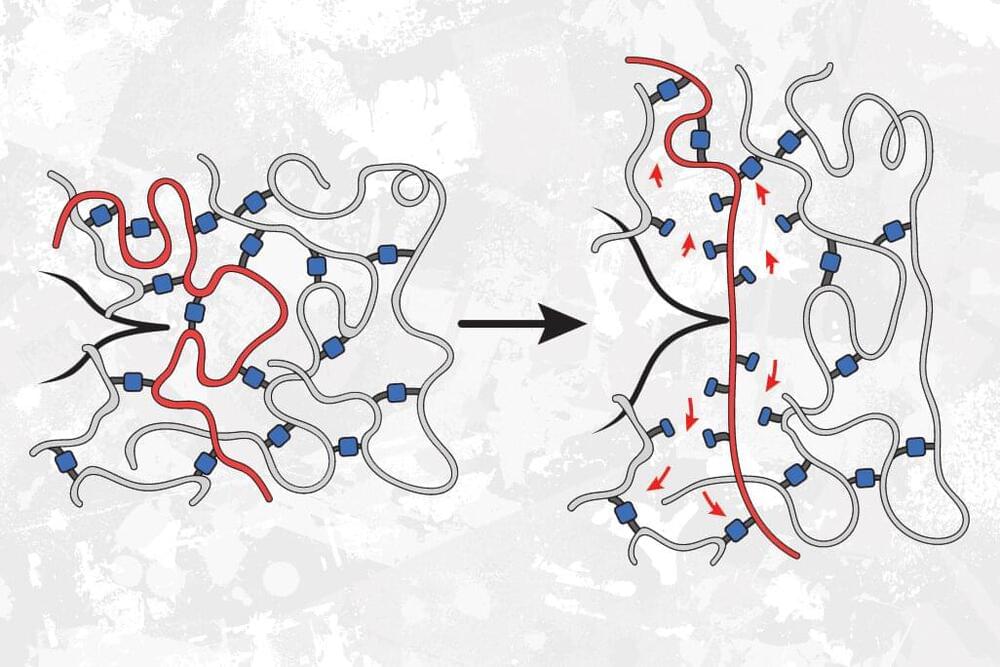
Archaeologists and computer scientists have worked together to create an artificial intelligence (AI) program capable of translating ancient cuneiform texts. The researchers say their goal is for the program to form part of a “human-machine collaboration”, which will assist future scholars in their study of archaic languages.
Cuneiform is thought to be the oldest writing system in the world. Recorded by gouging symbols into clay tablets, it was originally developed by the Mesopotamians in what is now Iraq, where it started out as a way of keeping track of bread and beer rations. The system quickly spread throughout the ancient Middle East, where it remained in use continuously for over 3,000 years.
Thousands of documents, most written in either the Sumerian or Akkadian languages using the cuneiform script, survive to this day; but translating them can be a major headache. For one thing, there simply aren’t that many people with the necessary expertise. For another, the texts are often broken up into fragments.

















